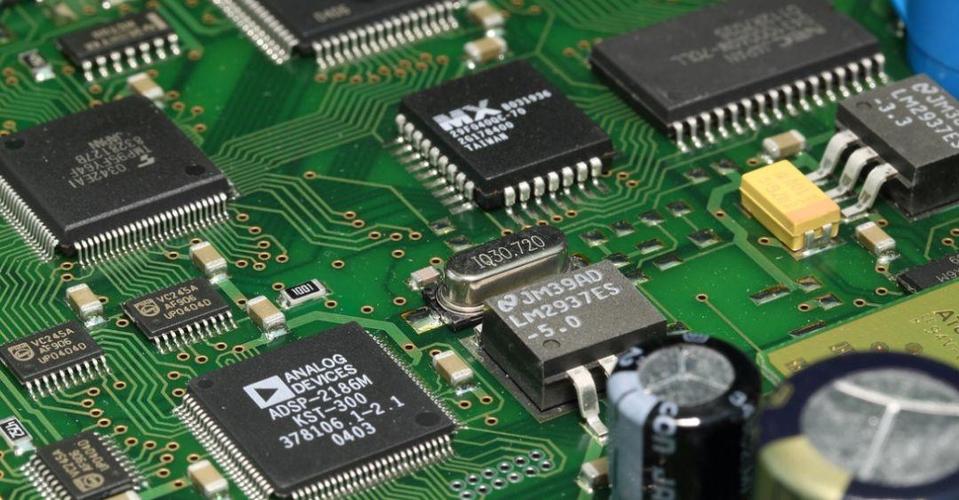The electroless nickel coating should fulfill several functions:
The surface of gold precipitation

The ultimate goal of the circuit is to form a connection between PCB board and components with high physical strength and good electrical characteristics. If there is any oxide or contamination on the PCB surface, this soldered connection will not happen with today's weak flux.
Gold is naturally deposited on nickel and will not oxidize during long-term storage. However, gold does not precipitate on oxidized nickel, so nickel must remain pure between the nickel bath and the dissolution of gold. In this way, the first requirement for nickel is to remain free of oxidation long enough to allow the precipitation of gold. The component has developed a chemical immersion bath to allow 6-10% phosphorus content in the precipitation of nickel. This phosphorus content in the electroless nickel coating is considered as a careful balance of bath control, oxide, and electrical and physical properties.
hardness
The non-electrolytic nickel coating surface is used in many applications that require physical strength, such as automotive transmission bearings. PCB needs are far less stringent than these applications, but for wire-bonding, touch pad contact points, edge-connetor and processing sustainability, a certain degree of hardness is still important.
Wire bonding requires a nickel hardness. If the lead deforms the deposit, a loss of friction may occur, which helps the lead "melt" to the substrate. The SEM photograph shows that there is no penetration into the surface of flat nickel/gold or nickel/palladium (Pd)/gold.
Electrical characteristics
Since it is easy to manufacture, copper is the metal chosen for circuit formation. The conductivity of copper is superior to almost every metal. Gold also has good electrical conductivity and is the perfect choice for the outermost metal, because electrons tend to flow on the surface of a conductive path ("surface" benefit).